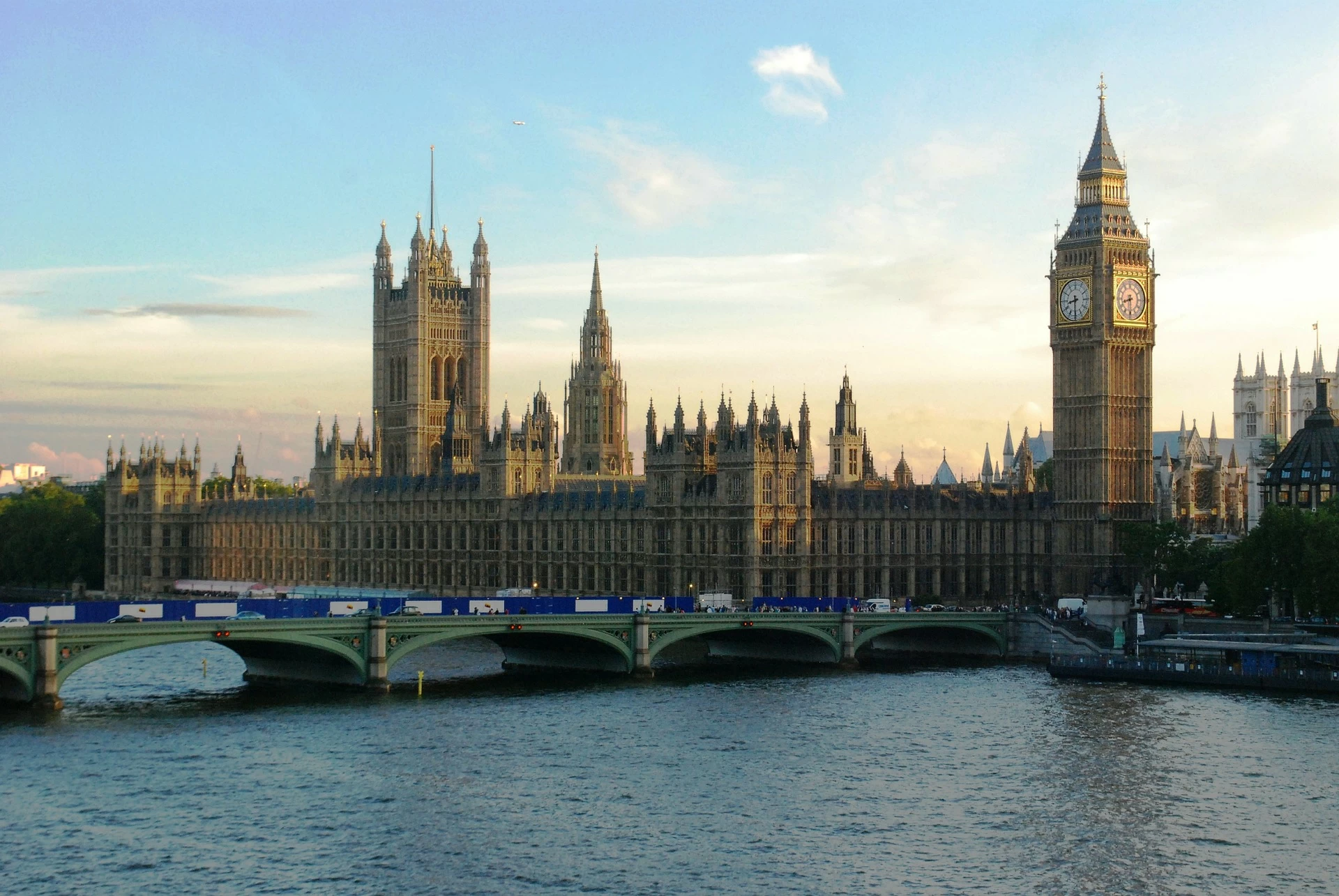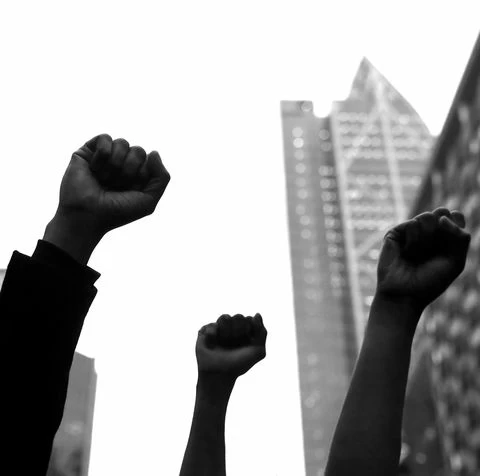
Clear the Lobby: What laws are MPs voting on this week (w/c 22nd June)?
June 21, 2020TSL Mentorship Scheme – Assessment Criteria and Confidentiality Guidelines
June 23, 2020The Black Lives Matter movement has radically resurged in 2020, as a result of a viral video capturing the death of George Floyd at the hands of several American police officers. This has sparked outrage at police brutality directed towards the Black community and as protests and civil unrest have unfolded in the USA, the movement has spread across the world.
The BLM organisation has spearheaded a global campaign for increased awareness and eradication of systematic racism. As donations pour in for the victims of police brutality and funds to support the fight for justice and legal reform in the USA, other countries are confronting their uncomfortable histories and underlying racism. This process also involves businesses, law firms and chambers ensuring that they tackle subliminal racism and increase diversity within their own institutions.
So what are law firms and chambers doing? In this article, we explore the need for diversity in the legal profession as well as the pledges that firms and chambers have made.
Diversity within the Legal Profession
Reflecting diversity within a firm is vital. Equality of opportunity must be offered to all candidates regardless of ethnicity or background. This must be effected both in terms of training contract / pupillage application processes and opportunities for progression within firms and chambers themselves.
Current Statistics
It is estimated that 14% of the UK population are Black, Asian, or of minority ethnicity (BAME). Although firms and chambers have attempted to reflect this statistic in their recruitment (with BAME candidates constituting 16% of law firm trainees in 2019), there is still a disparity between the percentage of BAME trainees and pupils and the percentage of BAME partners and QCs. Ethnic minority candidates currently approximate only 8% of partners and 8.1% of QCs. This may reflect the lower percentage of Black, Asian and ethnic minority lawyers entering the profession in past years, but may also indicate an issue in the progression of BAME practitioners.
The Need for Change
Having a smaller proportion of leaders from minority communities is detrimental to not only the progression of firms and chambers, but wider legal policy. Principally, a lack of diverse leadership may discourage aspiring solicitors and barristers from different backgrounds to apply, and can perpetuate the misconception that law is an exclusive and archaic profession.
To produce innovative work and attract both clients and employees, law firms and chambers must embrace cultural diversity and the fresh insights that it offers. This can shape legal policy and even work to eradicate systematic racism within the law. For example, within the criminal justice system, on average, five times more Black people than White people are imprisoned, and this is partly attributed to the significant underrepresentation of certain minority groups within the justice system. Therefore, increasing diversity, particularly amongst legal leaders, is not only necessary to ensure fairness and equality, but will also improve the output of the legal industry and tackle more deep-seated racism within court processes.
The Responses and Pledges of Firms and Chambers to the BLM Movement
Law firms and chambers must speak out and take action against racism. It is also important for us, as students and aspiring lawyers, to take note of these pledges when making applications and encourage the legal profession to continue to support these values in the future! We have therefore compiled a few of the responses and pledges that firms and chambers have made:
Chambers
- The Bar Council released a ‘Statement on Equal Treatment, the Rule of Law and Inclusion’ which many sets of chambers, such as 1 Crown Office Row, officially endorsed and shared: “The Bar Council is deeply saddened by events in Minneapolis and elsewhere that exemplify systemic racism and violence against black people. Excessive use of force offends the rule of law. It is imperative that all people are treated equally and that the law is applied equitably. The Bar Council resolutely supports the principles of justice and the rule of law and reaffirms our commitment to the promotion of equality, diversity and inclusion both within the profession and the community we serve. A strong Bar is one that reflects the society it serves.”
- Central Chambers affirmed that it stands in solidarity with the BLM movement and protests, offering its services to protestors and any individual fighting against inequality.
- Garden Court Chambers has openly acknowledged in a statement that it is a predominantly white chambers and therefore it is investigating its shortcomings and challenging assumptions. It has invited all those who support and work with the chambers to hold them to account in the future.
- Hardwicke Chambers made a statement that it will continue to stand against racial inequality and champion acceptance without exception.
- Nexus Chambers has offered its assistance to those fighting racial injustice as well as offering its services in cases in which freedom to protest clashes with restricted freedom of association.
- One Pump Court provides mandatory anti-oppression training for all members, and calls for this training to be adopted across the entire legal profession to create an inclusive environment for all.
Law Firms
- Addleshaw Goddard came under fire from critics over its initial response to BLM, sharing a post on LinkedIn which appeared to advertise the firm, which was labelled a ‘tone deaf’ response, beginning with “look around AG and you’ll find people from every walk of life. A diverse group of original thinkers…”. However, since the post, the firm sincerely apologised and affirmed its commitment to learning from mistakes and promoting further diversity.
- Bryan Cave Leighton Paisner encouraged its members to send messages of support to colleagues and friends.
- Cooley prides itself on being an active agent of change, and donated $750,000 to the Equal Justice Initiative. The firm’s Black Attorney Affinity Group also compiled a resource kit to educate individuals.
- Covington & Burling has been recognised and awarded for its efforts in promoting diversity and continues to examine its progress, seeking improvement in this area. In the last 18 months, the firm has committed to over 120,000 hours of pro bono work in the area of racial and social justice (with an estimated value of $75 million).
- Dechert asked its Diversity and Inclusion Committee to marshal the firm’s resources and to discuss its future role in fighting systematic racism.
- DLA Piper committed to expanding its pro bono initiatives whilst promoting diversity.
- Hogan Lovells pledged to spending 65,000 hours on pro bono work through 2023 to support ethnic minorities and agreed to match up to $200,000 worth of employee donations to organisations fighting for racial justice, in addition to a lump sum $100,000 donation from the firm.
- Kirkland & Ellis has committed to give $5 million over the next five years to groups which work to end racism and promote cultural tolerance.
- Latham & Watkins promises to offer at least $500,000 to organisations fighting for justice and equality, while it wishes to significantly expand its pro bono programme to focus on social justice work.
- Norton Rose Fulbright pledges to match up to $50,000 in staff donations to the NAACP Legal Defense Fund.
- Orrick, Herrington & Sutcliffe have launched the Orrick Racial Justice Fellowship, which will enable at least five of the firm’s lawyers to each devote a year to working on social justice issues and promoting civil rights. The firm acknowledges the need for the legal profession to stand together and seeks to find further innovative ways of doing this.
- Travers Smith has created a booklet as part of its ‘allyship initiative’ and will be producing online seminars for members of the firm to learn how to implement the proposals within the booklet. It also continues to support pro bono projects aimed at promoting diverse talent.
- White & Case will host discussions, led by its Diversity Committee, via WebX and commits to expanding its pro bono work.
Looking to the Future
Since the world has been galvanised into action as a consequence of the powerful BLM movement, we have learnt to open our eyes to the struggles of the Black community. Looking to the future, it is imperative that law firms and chambers speak out, take action and wield their power to support the fight against racial injustice. This involves making the legal profession more accessible for the BAME community, and promoting cultural diversity within law firms and chambers.





